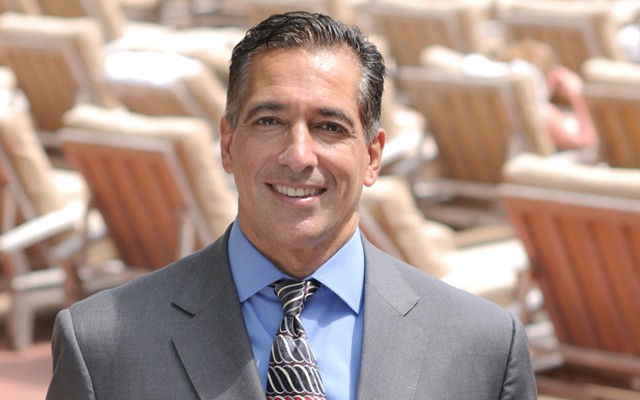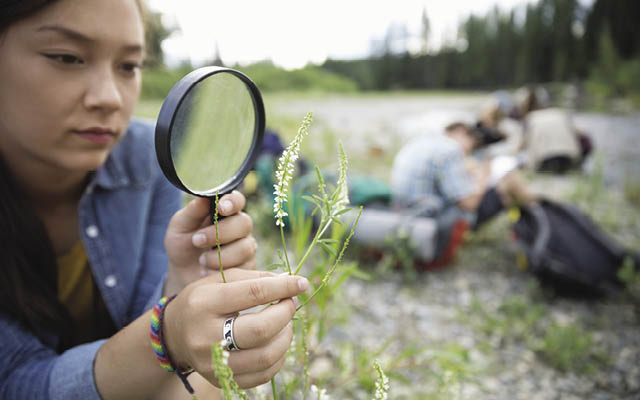If you’re a regular reader of this column, you’ve probably noticed that I care deeply about the health of our planet — and have real concerns about the effects that we human beings are having on it.
The sheer size of our population — 7.7 billion by recent estimates — gives rise to many of the most serious issues Earth is facing. In fact, in early May, the United Nations released a landmark intergovernmental report, the first of its kind, pinpointing the role of humans in the decline of ecosystems and biodiversity.
According to the IPBES Global Assessment, nearly 1 million species are threatened with extinction, and three-quarters of land-based environments and two-thirds of marine environments have been “significantly altered by human actions.” In addition to presenting statistics like these, the report notes how these changes are influencing our quality of life worldwide.
Access to basic health services, clean water, food, shelter, and sanitation is already a crisis for up to half of the global population. Many philanthropic groups are working to solve these issues, but I’m concerned that we might be underestimating the actual root of the problem: overpopulation and overconsumption.
Stick with me for a moment and consider the locust. A solitary insect by nature, the locust changes its behavior when local density increases: Locusts begin to move toward one another and swarm — sometimes numbering over 100 million per square mile. As they travel, they eat all there is to eat and then die, oblivious to their own behavior and the devastation left behind.
By contrast, our strengths as humans are our knowledge and consciousness. We have the capacity to understand the complexity of our effects on the world and address the issues that are accelerating global changes.
Over the last few centuries, the intelligence of individuals and small groups has led to many amazing advancements and solutions. On the macro, however, I’m afraid we’ve been behaving more like the locusts.
We’ve spent the bulk of our time seeking social and economic development, and financial prosperity, while depleting our planet at unprecedented rates. We’ve been destroying the very things we need for our own survival.
With that in mind, this message is a call for better alignment around global solutions for the health of our planet. We have to move from thinking individually and in small groups to thinking more universally.
This is not to say that humanitarian initiatives like clean water and health services aren’t worthwhile — they are essential for fostering better situations for everyone. My concern, however, is that these efforts are merely treating the symptoms of a deeper issue.
If resources are declining and nearly half of our current population is already lacking the basic necessities of life, how will the current efforts possibly meet the needs for the projected 10 billion people who will live on the planet in 2050? They simply won’t.
Research shows that population growth is neutral or negative in many advanced nations — but our consumption levels remain unsustainably high. Meanwhile, in developing nations, populations — and their consumption of resources — continue to increase.
If we can align our efforts around the common goal of managing population growth and educating people about the global effects of our choices, we can stop the locust-like behavior.
Regardless of our circumstances, I believe through collaboration we can change the current course. Together, we have the intelligence, potential, and incentive to reverse the bad and instead do good — for the health of ourselves, our communities, and the planet.




This Post Has 0 Comments